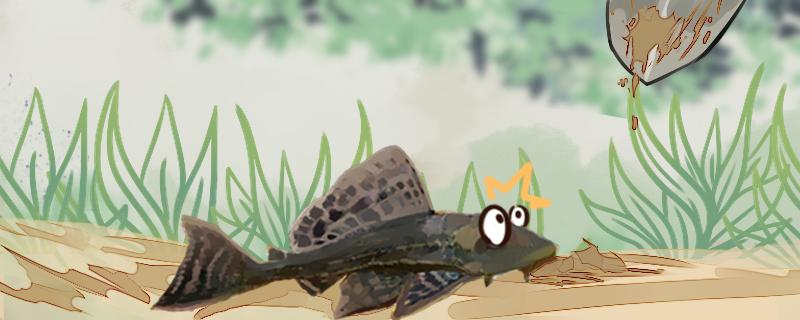 Scavenger feeding methods
Scavenger feeding methods 1. Water temperature: Scavengers have strong adaptability and tenacious vitality, and they can live in the water temperature of 18-30 ℃. But their favorite water temperature is between 20-26 ℃. Breeders can keep the water temperature between 20-26 ℃. If conditions permit, they can install heating rods to keep the water temperature constant.
2. Water quality: Scavengers don't have high requirements for water, and breeders only need to keep the water weakly acidic. They like clean and refreshing water quality, and breeders can change water 1-2 times a week, and the amount of water change each time can be controlled at one third of the total water quantity.
3. Feeding: Scavengers have a wide range of food habits, and there are many kinds of food they can eat. As long as it is the food that ordinary ornamental fish can eat, they can be fed. They usually eat some moss and algae in the fish tank, and the breeder doesn't need to feed too much.
2. Scavenger breeding modeIt is difficult for scavengers to breed in families, so breeders can put them in fish ponds for breeding. When breeding, breeders need to choose more than 30 cm, and the weight should also choose more than 1 kg. By early June, breeders will be able to collect their eggs. Scavenger's fish eggs are special. The fish eggs are in a spherical bag. After collecting their fish eggs, breeders need to wait for the color to turn yellow before putting them into the breeding tank to hatch. When hatching, keep the water temperature and water quality stable, and ensure sufficient oxygen.